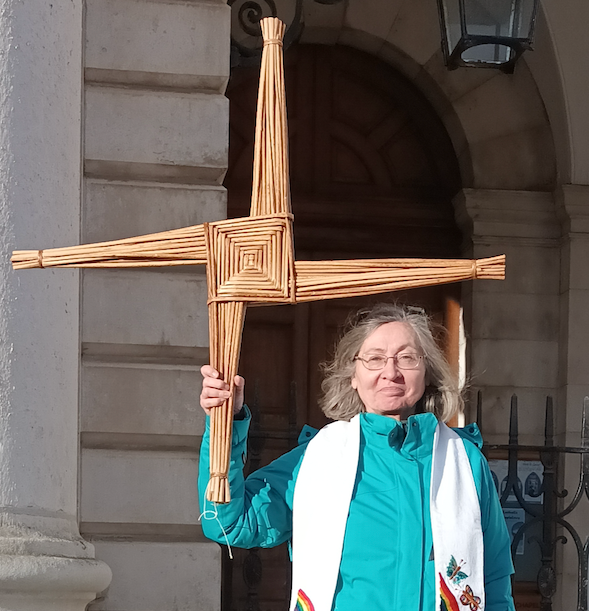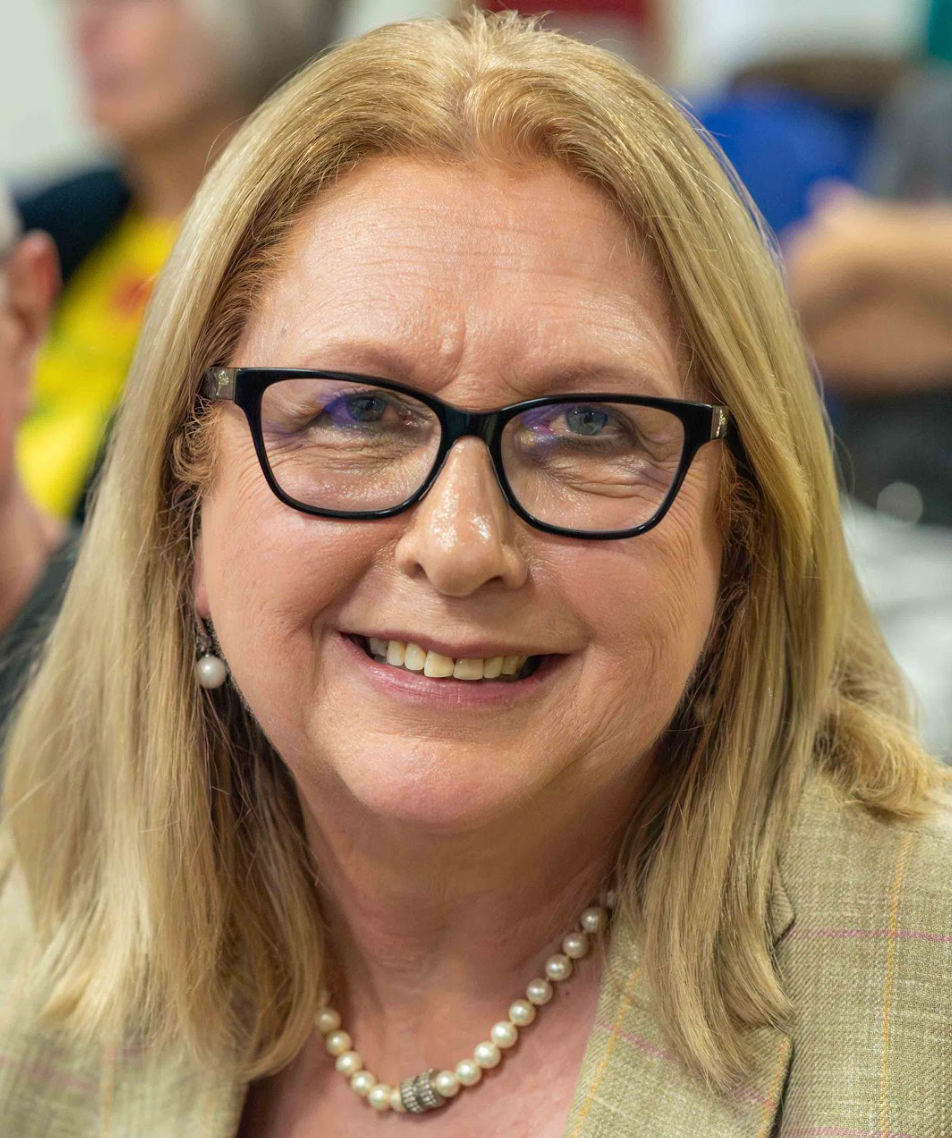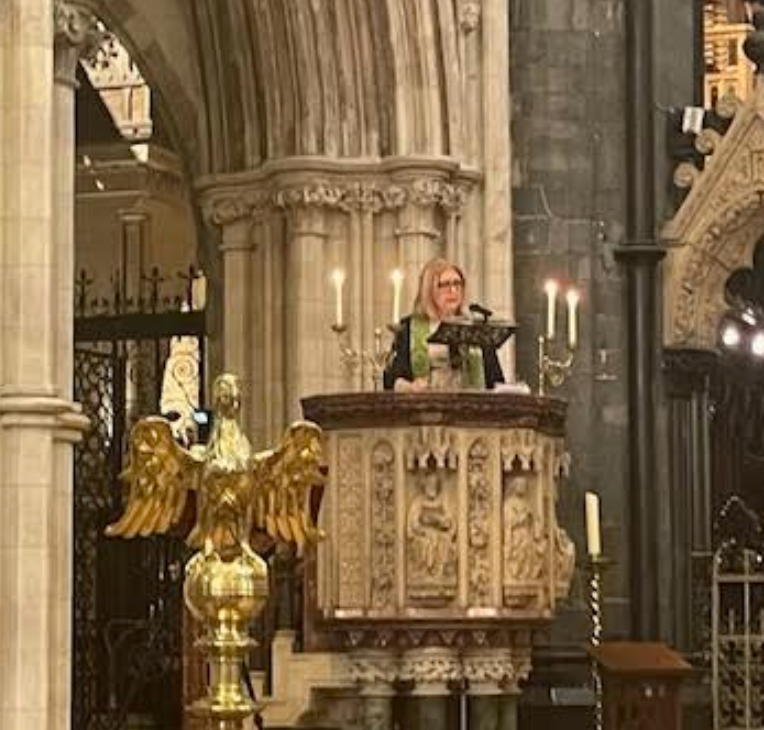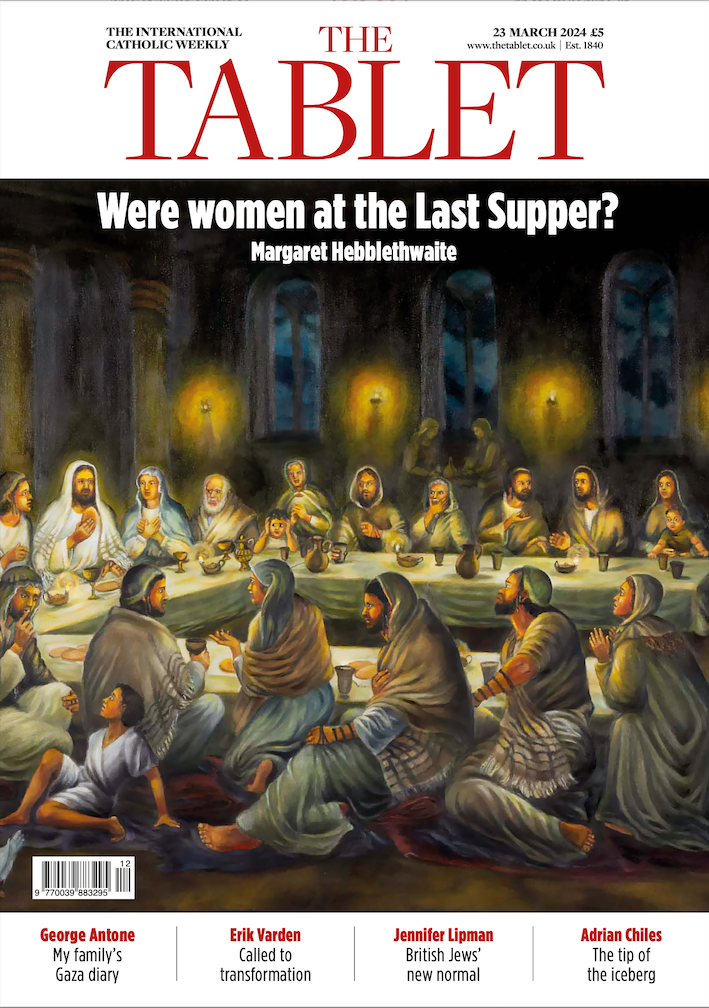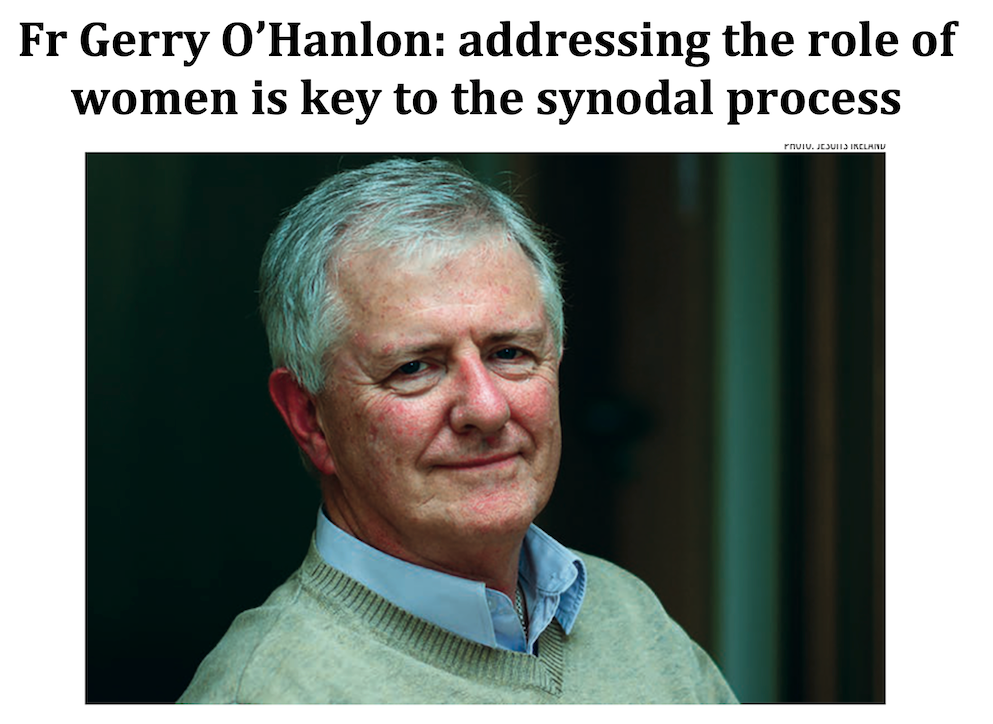The ‘Study Group’ on women’s ministries should be truly independent
Overall control of the Study Groups should be given to the Synodal Office
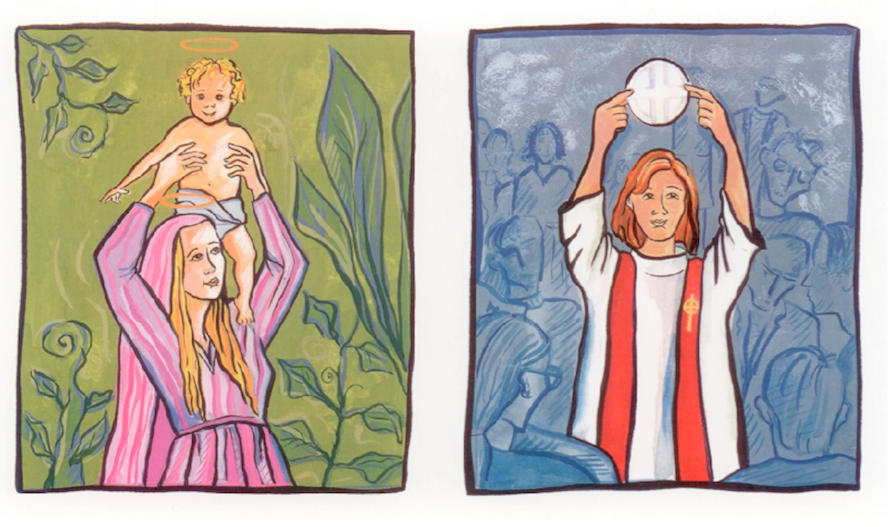
A Synodal ‘Study Group’ will examine women’s ordination, but who will appoint the members of that Group?
At first sight, Pope Francis announcement (14th March 2024) about the ten Study Groups would seem to make sense. Some issues “require in-depth study” which the large synodal gathering cannot deal with. and so will be handed over to these ten Study Groups for further in-depth examination. “They will offer an initial account of their activity on the occasion of the Second Session [in October 2024] and, if possible, will conclude their mandate by the month of June 2025”. As Sister Nathalie Becquart, undersecretary of the General Secretariat of the Synod of Bishops, rightly observed, some issues require expert examination.
The diaconate of women is covered by the Study Group on the ministries. Managing this Study Group has been entrusted to the Vatican Dicastery for the Doctrine of the Faith. And this is where the trouble starts. Allow me to be ‘Dutch’ and call a spade a spade. Going by past experience, entrusting the study of women’s ordination to that curial department has been like throwing the issue into a dustbin.
Determination to ignore the evidence
The Study Group is told to base its examination on previous work done by the dicastery. That sounds ominous. For it carries a record of burying academically established facts.
As long ago as in 2003, the dicastery’s Theological Commission refused to accept that the ancient women deacons were truly sacramentally ordained. Their report ignored modern scholarship, omitted vital evidence and was misleading in its restriction of published ordination rites and its conclusions. Read a full analysis of the 2003 Vatican Report here.
At the same time the Wijngaards Institute began to publish, on www.womendeacons.org, the many well-preserved first-millenium ordination rites of women deacons. These women were ordained using a rite identical to the one for the ordination of their male counterparts, which was recognisably sacramental. The manuscripts include Barbarini Gr 336, the Bessarion, Vatican GR 1872, Coislin Gr 213 and 4 manuscripts based on the sacramentary sent by Pope Hadrian to Charlemagne in 786 AD.
In 2015 the Wijngaards Institute sent, based on this research, a “Documented Appeal to Pope Francis to Request the Re-instatement of the Ordained Diaconate for Women”. It offered a summary of the evidence.
Organizations that endorsed our Appeal: American Catholic Council (USA); Asociación Mexicana de Reflexión Teológica Feminista (Mexico); Asociación Mujeres y Teológia Zaragoza (Spain); Association of Catholic Priests (Ireland); Catholic Women’s Ordinatio (UK); CORPUS. National Association for an Inclusive Priesthood (USA); European Network Church on the Move (EN-RE) (Europe); Femmes et Hommes, Egalité, Droits et Libertés dans les Eglises et les Sociétés (France); International Movement We Are Church (IMWAC) (International); Le Parvis de Québec (Canada); Mariënburg: vereniging van kritisch katholieken (Netherlands); Noi Siamo Chiesa (We Are Church – Italy) (Italy); St Anthony Catholic Community Santa Barbara (USA); We Are All Church South Africa (South Africa); Wir sind Kirche Österreich (Austria); We Are Church UK (UK); Women and the Australian Church (WATAC) (Australia); Women Word Spirit (UK); Women’s Ordination Conference (USA); Women’s Ordination Worldwide (International)
We received a polite reply from the Pope’s office, and surely we understand our evidence was passed on to the Congregation for the Doctrine of the Faith. But in 2018, Archbishop Luis Ladaria, head of this curial department, still declared: “The impossibility of ordaining women belongs to the ‘substance’ of the sacrament of order, a fact the Church recognizes. She cannot change this substance. … It is not just a question of discipline, but of doctrine.”
Killing off dissenting voices
The department had another trick up its sleeve. If a commission came to unwanted conclusions, they just destroyed that commission.
The Pontifical Biblical Commission concluded in 1975 that the ordination of women could not be validly excluded on the basis of Scripture. Attempts were made to suppress that report. And the Congregation for the Doctrine of the Faith subjected the Biblical Commission from then on totally to the Theological Commission. Meanwhile commission member Cipriano Vagaggini published an article in Orientalia Christiana Periodica in 1974 concluding that the ordination of women deacons in the early church was sacramental. What the church had done in the past, he suggested, the church may do again. The article was ignored and suppressed.
In 1997 the International Theological Commission actually confirmed what Vagaggini had stated earlier: history supports the argument that women could be sacramentally ordained. Yet while news reports appeared about that document, it was never published by the Vatican. Rumors abound that it had even been assigned a Vatican document number when publication was stopped.
Pope Francis with Sr Nadia Coppa, present president of the Union of Superiors General
A so-called ‘Study Commission on the Women’s Diaconate’ was set up in 2016 in response to the explicit request in that regard from the International Union of Superiors General. In 2019 the commission was abolished because it had been “unable to find consensus and give a ‘definitive response’ on the role of women deacons in the first centuries of Christianity.” What its findings were we are not permitted to know: its report has not to this day been made public.
In 2020 Pope Francis ordered a new study commission on the diaconate of women to replace it in response to the explicit request in the final document of the October 2019 Synod on the Amazon. The work of the commission has remained secret so far, to the extent that nobody knows whether it has agreed on any findings and recommendations.
In June 2016, just after Pope Francis announced he would create the commission for the study of the history of women deacons in the Catholic Church (see above), he joked to journalists, “When you want something not to be resolved, make a commission.” Was it really a joke, or a disclosure from the Vatican book of tricks?
Need to reform the process
I am sure that the new head of the Congregation for the Doctrine of the Faith, Cardinal Victor Manuel Fernandez who has an excellent personal record as a scholar, recognizes the truth in what I have been saying. I trust he will give ear to what I am proposing next.
Setting up the Study Groups is somehow inevitable. But the following reforms regarding the way they function are urgent:
Overall control of the Study Groups should be given to the Synodal Office.
The theologians serving in the Study Groups should not be chosen by the curial departments, which have the reputation of only appointing ‘yes-men’, that is scholars who already agree with their official views. Episcopal Conferences should be asked to provide lists of truly independent scholars.
Pope Francis states, the decision to set up Study Groups was made so as to “enable the Assembly, in its Second Session, to focus more easily on the general theme that I assigned to it at the time, and which can now be summarized in the question: ‘How to be a synodal Church in mission?’.” If that is the case, does the Pope not realise that the Church’s mission will never be credible as long as it continues to ban women from its ministries since there is no real doctrinal justification?
John Wijngaards – 26 March 2024
